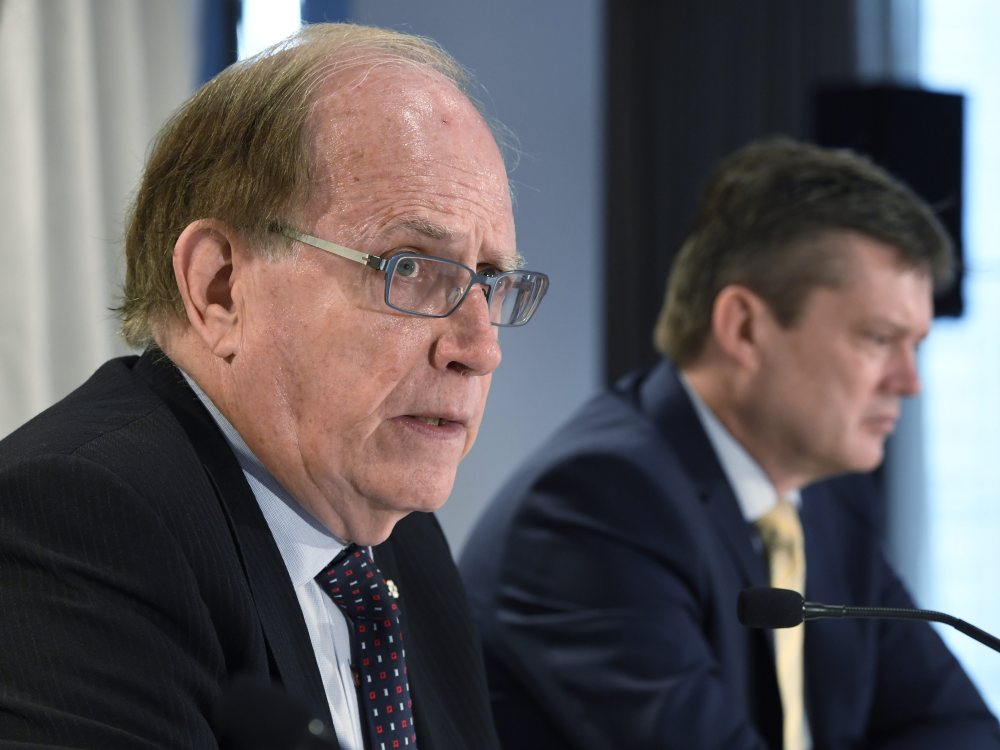An investigator looking into Russian doping found the country’s state-directed cheating program resulted in at least 312 falsified results and lasted from 2011 through at least last year’s world swimming championships.
The investigator, Richard McLaren, dubbed Russia’s program the “disappearing positive methodology.” But he did not make any recommendations for the future of the Russian team, saying it was up to others, including the International Olympic Committee, to “absorb and act upon” the 97-page report.
McLaren said allegations made by Moscow’s former anti-doping lab director about sample switching at the Sochi Olympics went much as described in a New York Times story in May. That program involved dark-of-night switching of dirty samples with clean ones; it prevented Russian athletes from testing positive.
But McLaren, whose report went public Monday, said Russia’s cheating also included the 2013 track world championships in Moscow and was in place during the 2015 swimming world championships in Kazan.
Russia’s deputy minister of sports would direct lab workers which positive samples to send through and which to hold back.
He said the 312 results that were held back represented only a “small slice” of the data that could have been examined. McLaren had only 57 days for his investigation, which was commissioned by the World Anti-Doping Agency after the Times story came out.
Time was of the essence because the Olympics begin Aug. 5, and decisions about Russia’s participation in Rio must be made.
The U.S. Anti-Doping Agency is one of several sports organizations that said it would call for a full ban of the Russian team if the report showed evidence of a widespread, state-sponsored doping conspiracy. McClaren said it did and he was “unwaveringly confident in my report.”
Send questions/comments to the editors.


